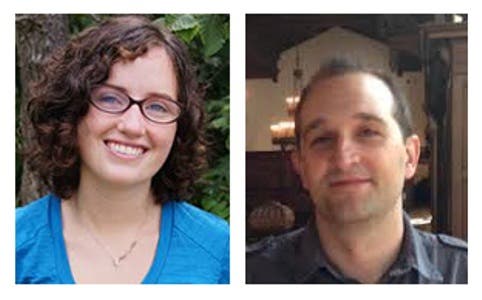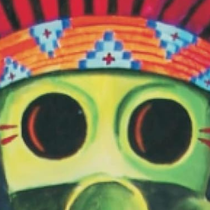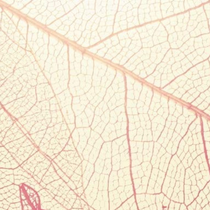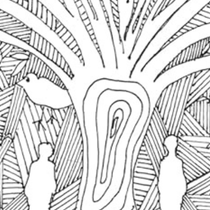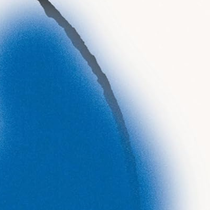Library Welcomes Two New Fellows
The Linda Hall Library will soon welcome the first of two fellows from the Consortium for History of Science, Technology and Medicine.
Based in Philadelphia, the Consortium offers promising young scholars access to outstanding collections through its fellowship program. The fellows follow Dr. Karl Galle, who last month completed his six-month fellowship.
Melissa Charenko will arrive at the Library later this month. She is a doctoral student at the University of Wisconsin-Madison, where she is working towards a PhD in the History of Science. Melissa’s dissertation is entitled “The Science of Prophecy? The Role of the Paleo-Disciplines in the Face of Anthropogenic Change, 1916-2015.” The project examines how scientists have studied the earth’s deep history from the early-20th century to the present.
Charenko will look at the kinds of indicators scientists have relied on, such as changes in pollen deposits that have been frozen for millennia in the earth’s ice sheets, to determine how the earth has changed over time. In particular, she will examine how “the long timescales of human-caused environmental change are forcing scientists, policy makers, and humanists to confront the deep past and humans’ place within the earth’s systems.”
Louis Gerdelan is a PhD student at Harvard University and will be joining the Library in September. Louis is working on a dissertation entitled, “Calamitous Knowledge: Understanding Disaster in the British, Spanish and French Atlantic Worlds, 1665-1755.” He is looking at how early-modern thinkers understood some of the period’s worst natural disasters. His study is bookended by two major catastrophes – the Great Fire of London in 1666 and the Lisbon Earthquake of 1755.
Gerdelan will examine a broad range of sources including popular pamphlets, sermons, and scientific notebooks and published works to “shed new light on the creation of expert knowledge about disasters and on the birth of our own disaster culture.” He will work with the Library’s beautiful seventeenth- and eighteenth-century scientific works.

